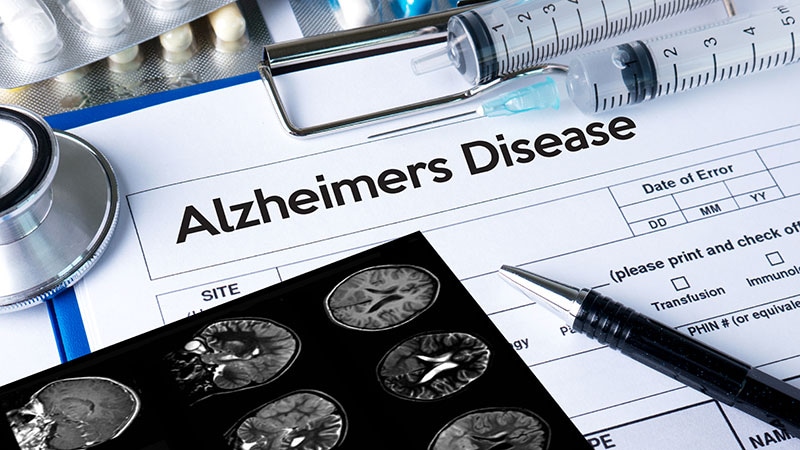
TOPLINE:
Transcranial direct current stimulation (tDCS) delivered twice daily over 6 weeks can improve cognitive function in patients with Alzheimer’s disease (AD), highlighting the potential of tDCS as a therapeutic intervention, new research shows.
METHODOLOGY:
- The study enrolled 124 patients with mild to moderate AD, with 63 randomly allocated to receive active tDCS and 61 to receive sham tDCS.
- Active or sham tDCS was applied twice daily for 20 minutes to the dorsolateral prefrontal cortex for 5 consecutive days per week for 6 weeks.
- Cognitive function was assessed at baseline, week 2, and week 6 using the Alzheimer’s Disease Assessment Scale-Cognitive (ADAS-Cog) and Mini-Mental State Examination (MMSE).
- Cortical plasticity was represented by motor-evoked potential (MEP) measured with electromyography.
TAKEAWAY:
- Compared with sham tDCS, active tDCS led to significant improvements at 6 weeks in ADAS-Cog memory-related cognitive functions, especially in the memory domains of word recall, recall of test instructions, and word recognition (all P <.001>
- Ac